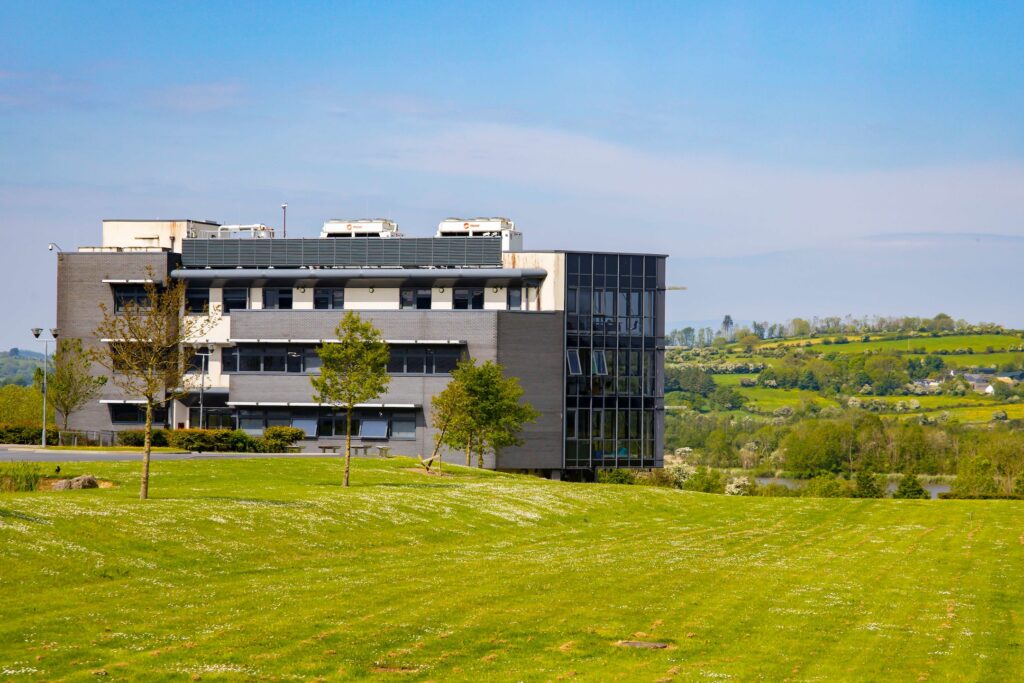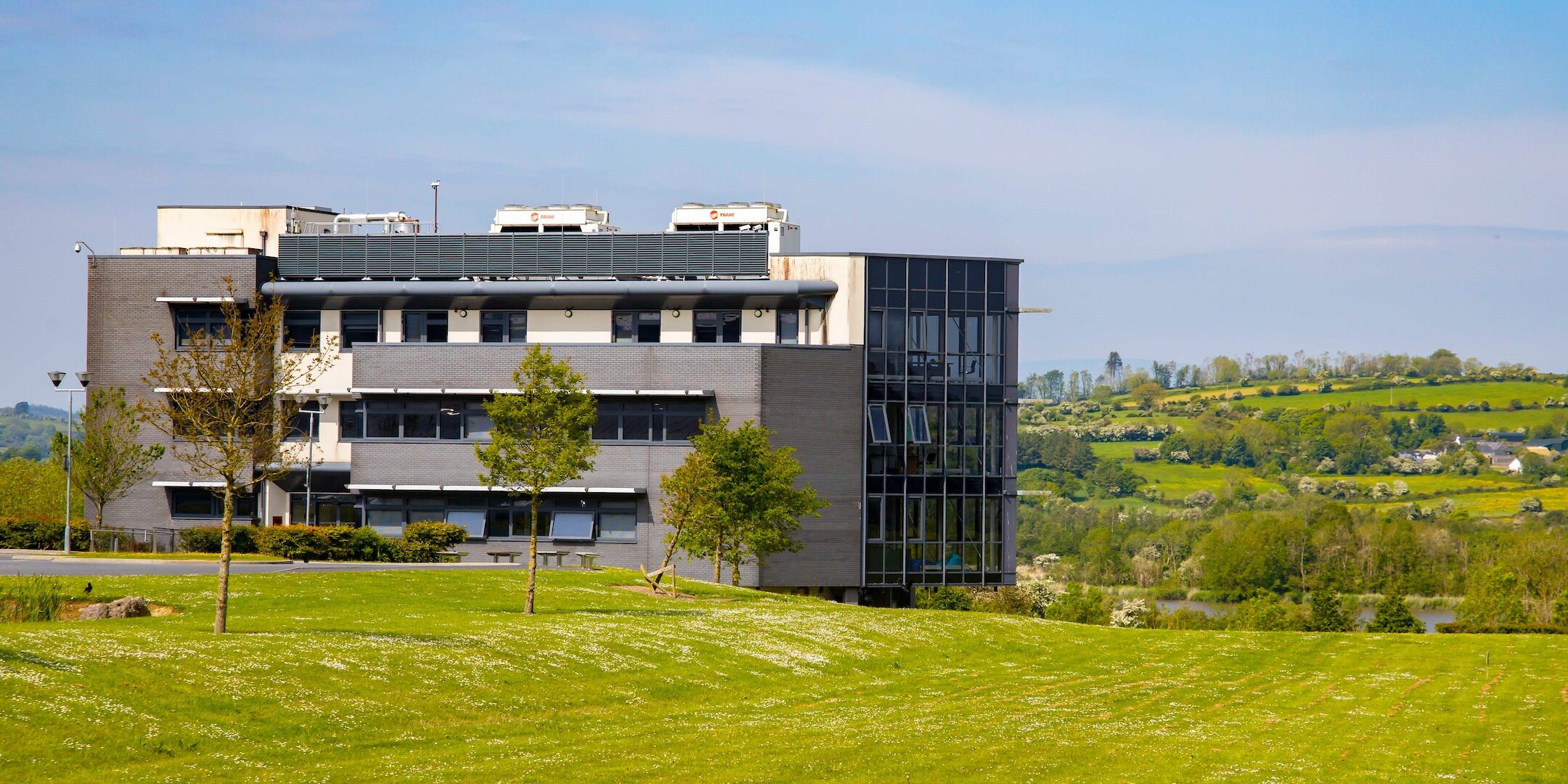Walton Institute announces €2.5m ERDF Interreg funding for Smart Energy Project “Sustainable Atlantic Communities (SAtComm)”
Walton Institute at South East Technological University (SETU) is delighted to announce €2.5 million funding in the framework of the 2021-27 Interreg Atlantic Area First Call for proposals co-financed by the Interreg Atlantic Area Programme through the European Regional Development Fund (ERDF) for the €3.2 million Sustainable Atlantic Communities (SAtComm) project.
The SAtComm project, co-ordinated by Walton Institute at SETU, is comprised of 11 European partners blending technology leaders in SME and research and development (R&D) sectors with public bodies: Walton Institute at South East Technological University (lead partner); Údarás na Gaeltachta; Universidade da Coruña; Instituto Superior de Engenharia do Porto; Greenvolt Comunidades; Agence Locale de l’Energie du Centre Ouest Bretagne; Breizh ALEC; Kerwatt; Instituto de Ciências Sociais da Universidade de Lisboa; Energy Research & Intelligence Solutions S.L.U.; and Universidad de La Laguna.
The main objective of the SAtComm project is to promote energy efficiency and reduce greenhouse gas emissions by empowering citizens to play a central role in the clean energy transition and become “prosumers” – communities that both produce and consume energy. To achieve this the project team will utilise smart energy systems – including smart grids and information and communications technology systems and related storage – to develop and implement technologies that will enable citizens, including residential, SME and industrial entities, to mobilise as groups into Energy Communities and employ smart energy mechanisms such as peer to peer trading, demand side management, load shifting, and battery storage.

While new EU Directives have been implemented which place citizens at the centre of the clean energy transition, each EU jurisdiction is transposing these into law in a different manner, hampering the potential Energy Communities can have on the transition. SAtComm will assess the regulation in the 4 Interreg Atlantic Areas of Ireland, France, Portugal and Spain, and develop and implement technologies that suit all jurisdictions.
Principal investigator Sean Lyons, Walton Institute at SETU says: “SAtComm’s aim is to equip Energy Communities with the digitalisation and legal tools to empower them to integrate renewable energy and smart grid concepts which will improve their competitiveness and maximise their sustainability. This will play a significant role in addressing the increasing impact of climate change on SMEs and local communities.”
Walton Institute’s Director of Research Dr. Deirdre Kilbane says, “Walton Institute at SETU is delighted to win the ERDF Interreg Atlantic Area (AA) funding for the SAtComm project. Smart energy has been a principal focus of Walton Institute’s research for many years and projects like SAtComm offer timely and pressing solutions to real-world challenges. SAtComm’s approach will unlock the inherent value of Energy Communities and provide synergy and best practice across the Atlantic Area region.”

The specific challenges SAtComm will focus on are:
Climate Change Adaptation: The impact of climate change, more extreme weather patterns and rising operational and energy costs represent strategic challenges for the sustainable development rural and coastal communities.
Competitiveness & Innovation: Coastal and rural communities, already struggling with an aging population and economic diversity may struggle with securing the investment to fund the transition. These communities also may not have access to the expertise and technology to develop Energy Communities.
Territory Imbalance: Coastal communities can be remote and incur challenges such as distance to market. This leads to a low economic diversity and an over-reliance on a limited number of enterprises with marginal returns in terms of regional competitive advantage and low levels of innovation and research and development. This access to skills and innovation is a prohibiting factor to the long term sustainability of these communities and can lead to an imbalance within the AA region and between the AA and the wider EU region, from an economic, social and access to skills perspective.
The SAtComm project commenced in Q4 2023 and will run for 36 months. Stay posted on this website and the SAtComm’s social channels for the project’s journey and progress.







